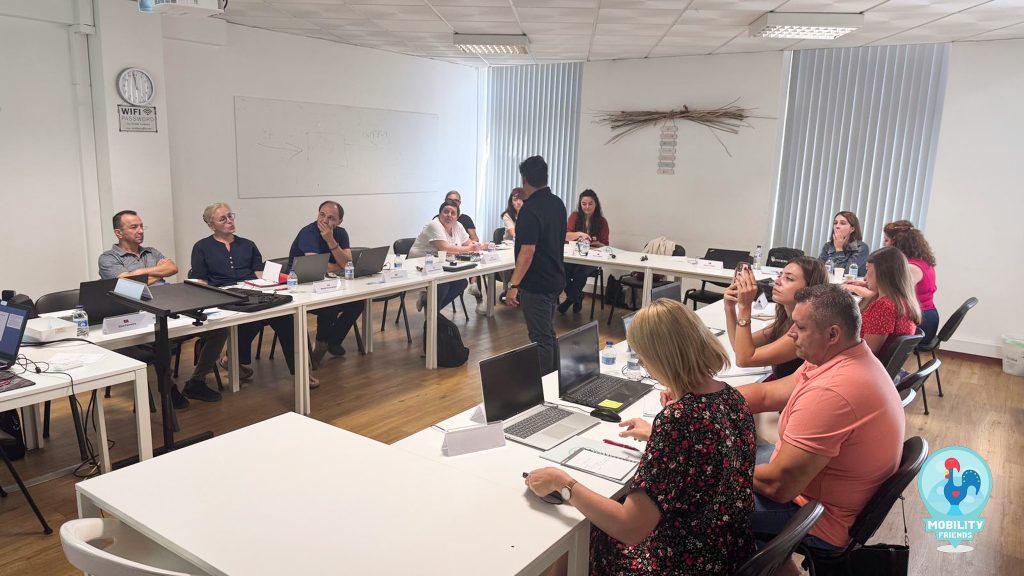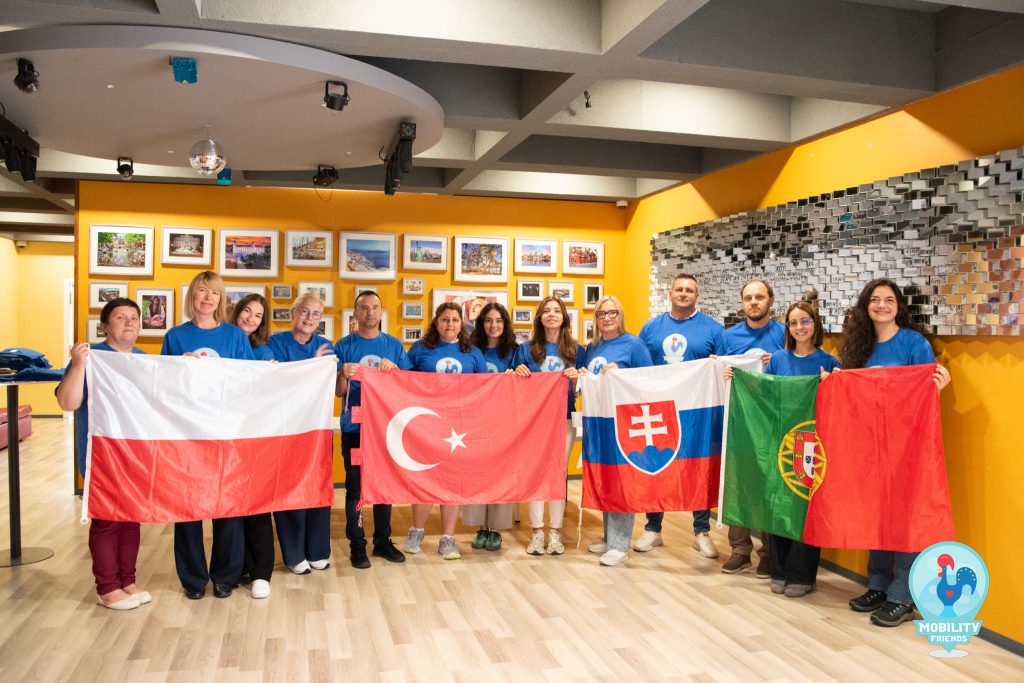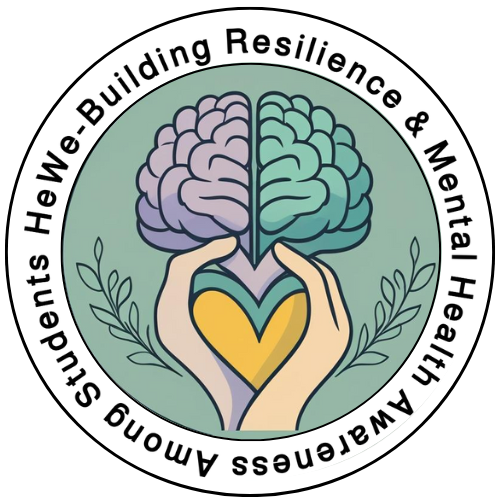Artificial Intelligence (AI) has the potential to address major issues in education, revolutionize teaching and learning methods, and accelerate the achievement of the Sustainable Development Goals (SDGs).
The main focus of TAIFE – The use of Artificial Intelligence in Formal Education Project is digital transformation through the development of digital readiness, resilience, and capacity. This includes implementing AI in various subjects and using innovative methods and techniques. It is crucial to learn how to effectively use AI for the benefit of all parties in education and to promote innovation in all areas. The project aims to support innovators, teachers, and school leaders by providing them with tailored training focused on AI and creating opportunities for them to share and exchange their knowledge internationally. By sharing digital content and pedagogical practices, the quality of teaching can be improved, ultimately impacting the development of key competences in students.
Key Objectives:
1) Encouraging teachers to use AI in different subjects, design their own digital content, and support their professional development;
2) Promoting innovation with AI in regular classes with the help of school management;
3) Increasing student motivation and engagement through AI;
4) Promoting and deepening international cooperation.
Project Website: https://taiferasmus.org/
Training Course
Between September 7 and 13, Mobility Friends hosted the training course “Artificial Intelligence for Educators: Practical Tools and Strategies for Teaching”. The course aimed to help teachers and education professionals explore how artificial intelligence (AI) can be integrated into teaching in a practical, thoughtful, and ethical way.
Throughout the week, participants experimented with a variety of AI tools, including ChatGPT, content generators, assessment platforms, and creative applications. They applied these tools to lesson planning, material development, and student assessment, while reflecting on responsible AI use, discussing topics such as privacy, bias, and plagiarism with their students.

The programme also included cultural activities, allowing participants to experience the heritage and daily life of northern Portugal. This aspect encouraged networking, fostered collaboration, and enriched the learning experience.

By the end of the week, participants had gained hands-on experience and practical strategies to integrate AI into their teaching. The combination of interactive workshops and cultural exchange made the week both productive and inspiring, equipping teachers with new ideas to create engaging and innovative learning experiences for their students.



